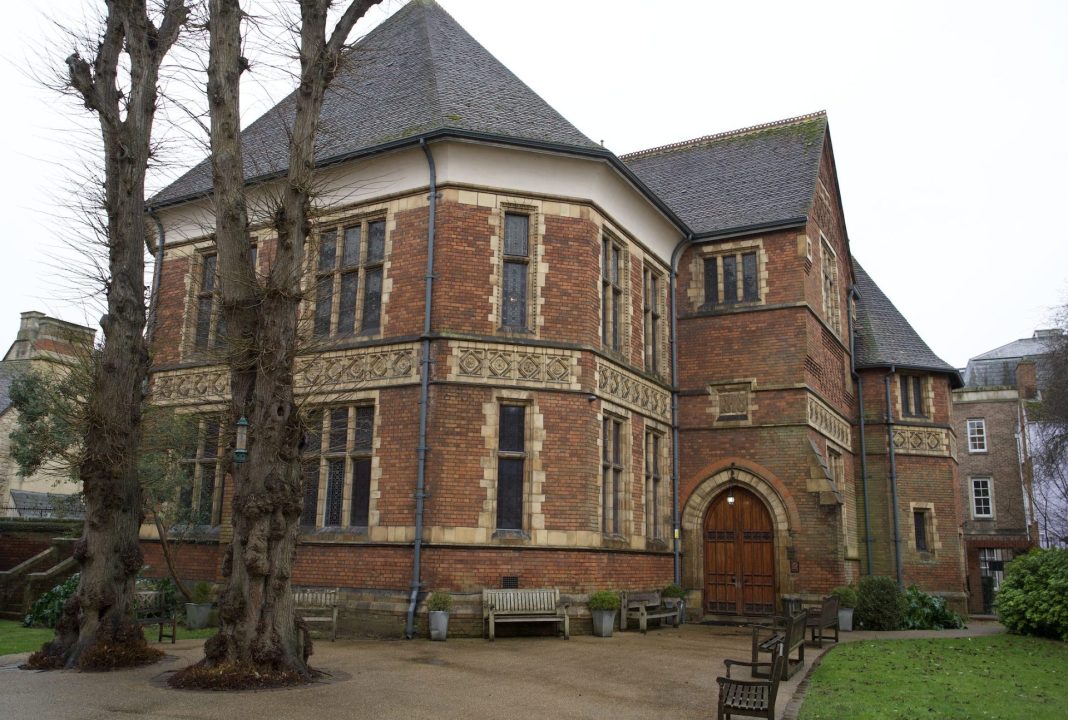On Thursday night, the Oxford Union voted against the motion ‘This House Believes British Museums Are Not Very British.’ The final count had 95 members voting for the motion and 155 members voting against.
Speaking in favour of the motion was former Conservative Minister for Culture the Rt Hon. Lord Vaizey of Didcot PC. He was joined by second-year Philosophy, Politics, and Economics student Aliyyah Gbadamosi (University College) and first-year law student Karma Gad (Mansfield College).
The opposition featured Willie Jackson, New Zealand politician and former unionist, broadcaster and Urban Maori leader. He was joined by Gary Vikan, a former director of the Walters Art Museum, and second-year Philosophy, Politics, and Economics student Shermar Pryce (University College).
Aliyyah Gbadamosi opened the case for the proposition with information on the British Museum: it displays over 8,000 works of art and artefacts, she told us, yet more than 70% of these items were acquired abroad. She argued that to call the British Museum’s artefacts ‘British’ is to say that the objects that a thief steals and then displays belong to him.
She acknowledged that having foreign artefacts is a common practice for “universal museums” but argued that in the case of the British Museum those objects were acquired through violence and injustice, making modern day possession of them unjust.
Shermar Pryce then spoke in favour of the opposition. Pryce agreed that many objects displayed in museums in the UK were acquired illegitimately but stated: “What is more British than that?” He argued that institutions like museums must tell the stories of their country and of their people and so museums in the UK must tell the colonial history of the British Empire.
Pryce argued that because Rosetta Stone became the property of the British after they defeated Napoleon in Egypt, it represents one of Britain’s “favourite pastimes”: defeating the French.
Karma Gad then continued the case for the proposition. She acknowledged that universal museums have an educational value, but questioned whether it’s “worth it” if it comes to the detriment of the culture they’re teaching about. She noted that the British Museum’s Ethiopian tablets are so precious that they have never been on public display and argued they don’t educate the public yet the Museum still keeps them. She also criticised the “patronising” argument that British museums are entitled to foreign artefacts because nations cannot care for them themselves.
Gary Vikan spoke next for the opposition. He also chose to focus on the case of the British Museum because “it’s the biggest, it’s in deep trouble, and it’s changed [his] life.” He reminisced about going there for the first time and being amazed by the art that he had only ever seen in textbooks.
He argued that the universal museum is an invention of the British and by collecting the art of the world, museums like the British Museum are “essentially British.”
The Rt Hon. Lord Vaizey of Didcot PC then spoke in favour of the motion, and delved into the UK’s Reviewing Committee on the Export of Works of Art and Objects of Cultural Interest, which bans an object from leaving the UK if it has a strong cultural link to British history. He said we believe in keeping objects that are culturally important to us and we should apply the same rule to others.
He then argued in favour of giving the Parthenon marbles back to Greece and concluded that museums represent a Britain that does not believe in “fair play”, which is no longer the case.
Willie Jackson closed the case for the opposition and argued: “British museums are very, very British because it’s very, very, very British to take from indigenous people.” He declared that taking other peoples’ culture and claiming it as their own is “very British” and also described how last year the British Museum lost around 200 items that it was meant to protect as “very British again.” He concluded by expressing hope that “your tradition of justice brings our ancestors home.”


